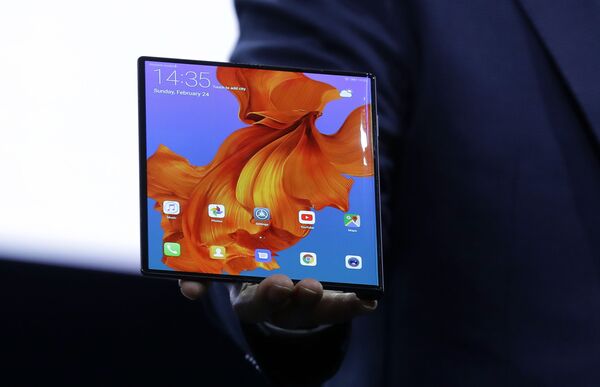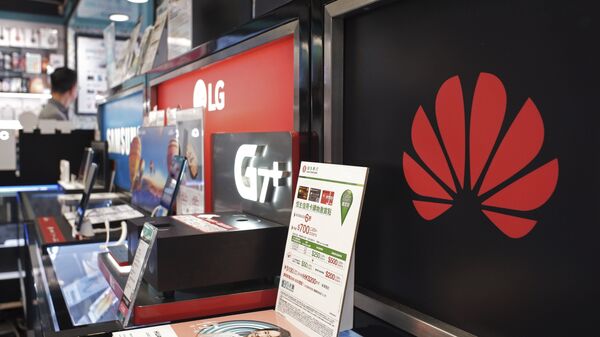Huawei’s Investment & Holding, the parent company of Huawei Technologies Co. Ltd, has sold its first bond in China, offering a 3 billion yuan (equivalent to about $425 million) three-year bond at 3.48 percent interest, Bloomberg has reported, citing people familiar with the matter.
According to the news agency, the 3.48 percent rate of return is the lowest for a three-year domestic bond issued by a privately-owned company, but Huawei has not had any issues raising money. A company representative confirmed to Bloomberg that the bond issuance has already drawn ‘extensive attention' and diverse investors.
Fan Wei, a senior analyst at Shenwan Hongyuan Securities, a Beijing-based securities firm, said patriotism may have helped drive support for the bond issuance, notwithstanding its comparatively low level of return. “The strong response reflects investors’ recognition of Huawei as a top-quality private firm and highlights the scarcity of credit such as Huawei in the domestic bond market,” Fan said.
Sanctions Smanctions
Huawei enjoyed a surge in sales this year, notwithstanding the Trump administration’s move to place the company and other Chinese tech firms on an entities list restricting their ability to do business with their US counterparts in May. The company reported a 24 percent year-on-year spike in revenues in the first nine months of 2019, with its smartphone division up by 26 percent, or over 185 million units total, during this period. The company also reported healthy growth in its 5G sector, pointing to over 60 major commercial contracts with global carriers, and the sales of some 400,000 MIMO active antenna units and 150,000 5G base stations (i.e. the towers facilitating wireless communication between internet networks and mobile devices).

Earlier, Huawei CEO Ren Zhengfei confirmed that his company was already working on 6G technology, with R&D work in an “early phase”; commercialisation is expected to be about “ten years out”. Ren also revealed that Huawei had made strides in its 5G development, that it would be prepared to license it out to an American company, and that it was already manufacturing base stations without the use of parts made in the USA.
Last month, Ren boasted that the US Department of Commerce's blacklisting of Huawei had not only failed to pay off, but prompted the company to trim the fat and focus resources on its most important divisions, which would lead the company better off in the long run. “When the entity list came out, they hoped Huawei would die. Not only did Huawei not die, it is doing even better,” Ren said.
Washington, meanwhile, has already postponed planned restrictions on Huawei twice since May, with major US tech giants including Microsoft and Intel warning that they would lose billions of dollars and up to 55,000 jobs if the Chinese firm stopped purchasing components such as processors, software and other equipment. The entities list postponement is set to expire on November 19 unless it is renewed for a third time.
Founded in 1987, Huawei has become the world’s second-largest smartphone brand, while nearly 90 percent of the world’s major phone carriers use its telecommunications equipment for their networks.



